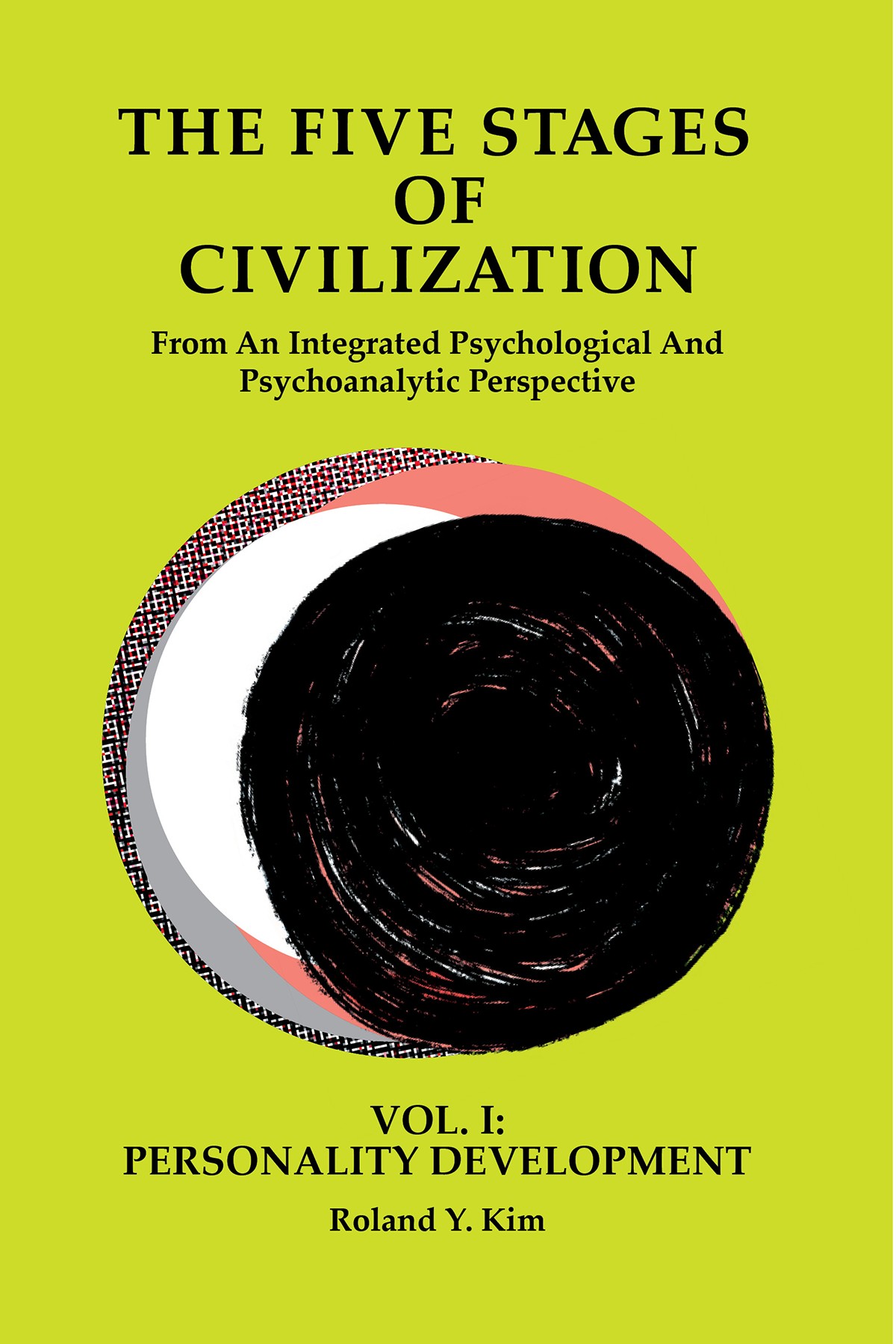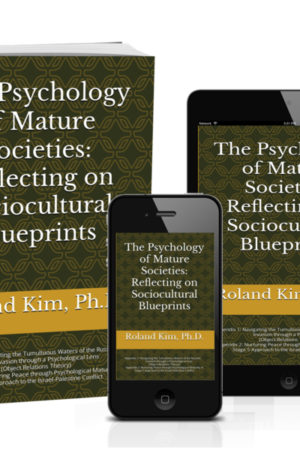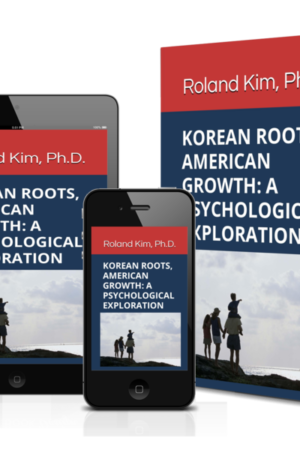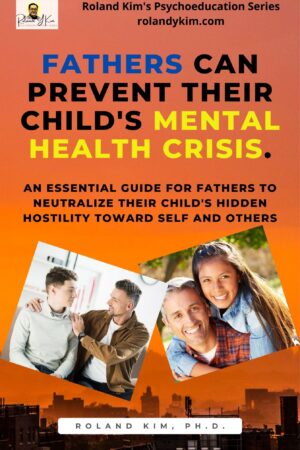Description
Our prominent personality features are shaped in early childhood beyond our awareness and control. However, we can change them through our conscious effort throughout our life. The challenge is that emotional growth will stay arrested or halted if the stress from the original environmental stimuli is not processed and resolved. Trauma is an emotional response to a shocking event like an accident, natural disaster, or witnessing or experiencing violence at any age. Still, in childhood, it can be subtle when an unintentional withdrawal of attention, rejection, separation, or abandonment is experienced, even for a short period, from the original attachment figures.
Dr. Roland Kim, a clinical psychologist/researcher, has developed a map for those who desire to develop their personalities destined for life even before they became aware. This volume covers how the further development of personality is related to enhancing the awareness and skills in answering the following critical questions:
Where are we in our journey for further personality or character development?
What factors contribute to the arrestment of our personality structure?
What is the developmental road map to follow on our journey for character building?
How does the ability to set or flex boundaries in our important relationships affect our personality?
What are the differences among various types of compassion as parts of our personality, such as Identification, apathy, sympathy, indifference, and empathy?
How do we develop skills in communication and emotional expression?
How do we cultivate emotional intelligence?
How can we utilize the “Marriage Ladder” to resolve personality conflicts in our marriage?
What are typical styles of divorce, custody, adoption, and childcare arrangement according to various stages?
Why do conventional parenting practices – authoritarian, permissive, and authoritative not work with the emotionally and behaviorally challenged?
What are the good and the bad in Tiger, French, and American mom parenting?
How does trauma escalate into hostility according to the “Trauma-Hostility Model”?
How are untreated traumas reenacted in our relationship with others or the next generation through an unconscious process?
What are the stage-appropriate psychotherapy approaches and typical stress-coping and help-seeking behaviors?
What are the five stages in negotiation and conflict management at home or work?
What are the five stages in morality and locus of control: “Hierarchy of Human Morality?”
What are the ideal leadership styles at each stage of emotional development?
How are the themes and characters portrayed in movies and
songs of a particular stage of emotional development?
While searching for the answers, the readers will find wisdom through truth-finding, grief, acceptance, and renewed hope to embark on a challenging journey toward further growth of personality and the ultimate emotional freedom.









Reviews
There are no reviews yet.